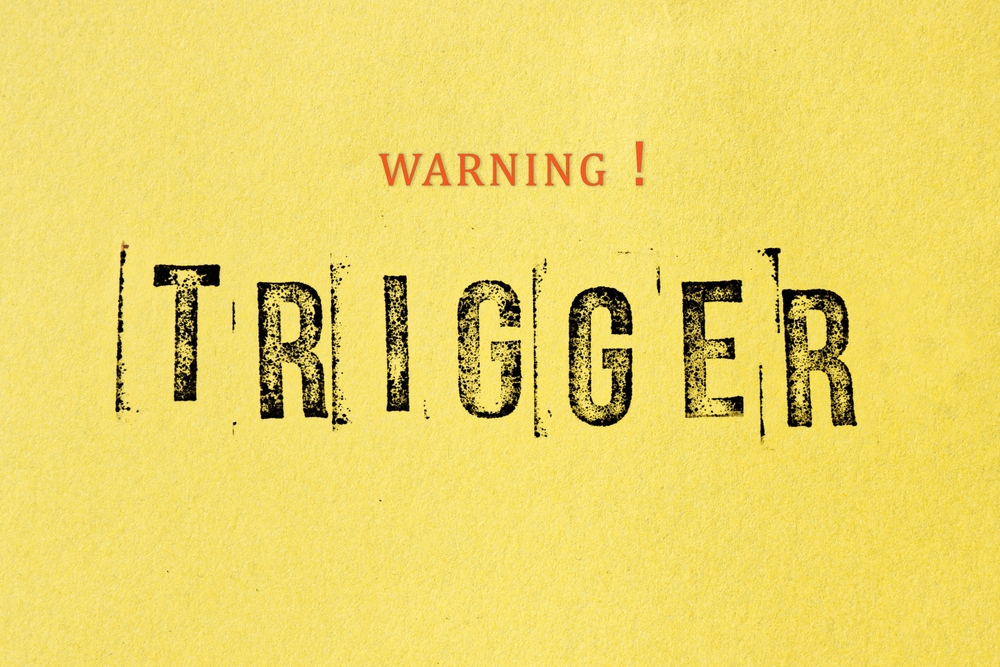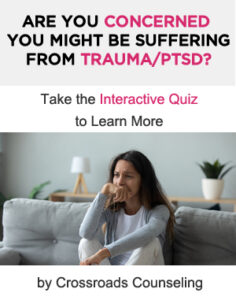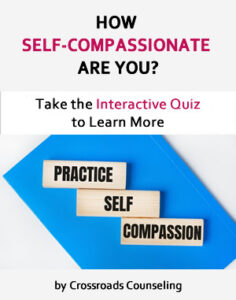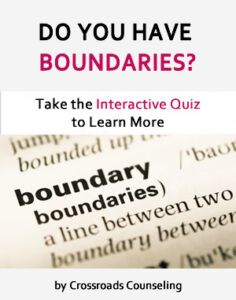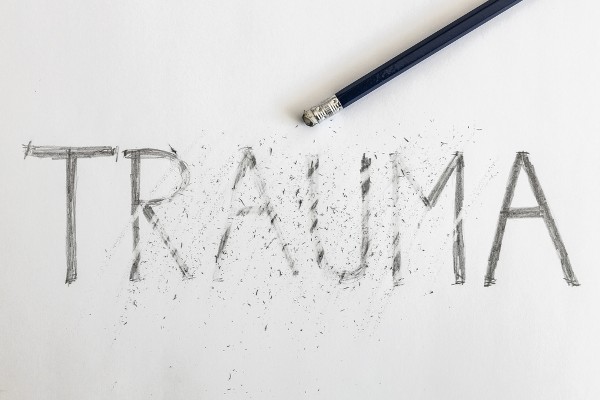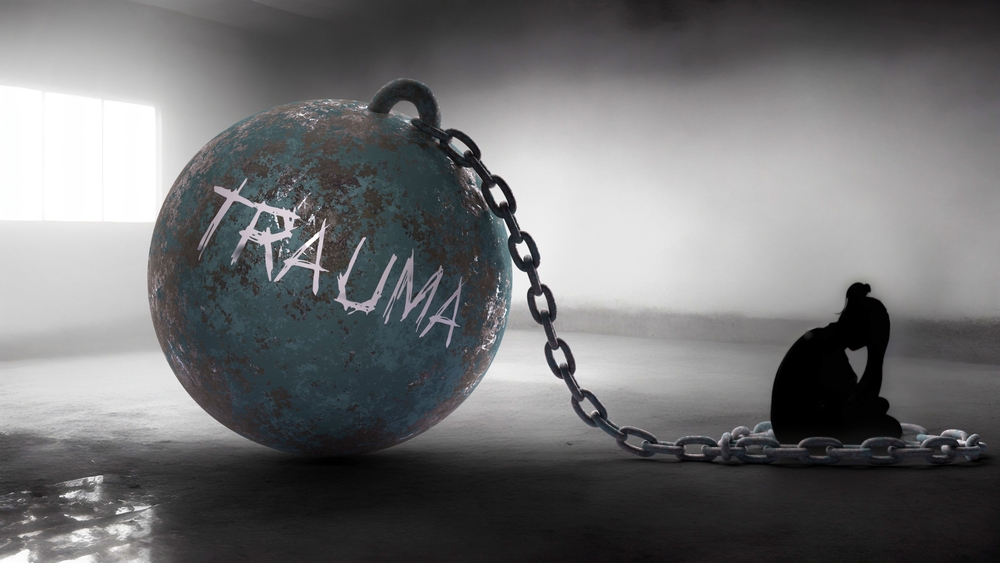According to the National Center for PTSD, about 6% of U.S. adults will experience post-traumatic stress disorder at some point.
While PTSD can impact people differently, most of us recognize some common symptoms, including flashbacks and vivid imagery that can create intense fear. That kind of fear can harm someone’s overall quality of life.
Often, the symptoms of PTSD are exacerbated by triggers. Certain things can remind someone of the trauma they experienced, making it difficult to go to specific places, be around certain people, or even partake in certain activities.
Sound familiar? PTSD triggers can be overwhelming, but you don’t have to let them control your life.
Identify Your Triggers
The first step in dealing with PTSD triggers is identifying what they are. There are both internal and external triggers to deal with. External triggers are often easier to understand — they refer to people, places, things, or situations that you might have to encounter regularly.
Internal triggers refer to things like memories, specific emotions, or even bodily reactions.
If you want to identify your triggers, consider where you are, what you’re doing, and how you’re feeling when you experience flashbacks or states of fear. What’s happening around you? What do you feel like? Where are you?
When you start to experience that kind of overwhelming fear or a flashback, take in as much information as you can. It might be helpful to carry a small notebook around with you so you can jot down everything that’s happening—including how you feel.
Fighting Back Against Immediate Fear
You might not always be able to avoid your triggers, and until you work with someone who can help you through them, self-help strategies are often the best ways to cope.
That starts with learning how to calm down and fight back against the fear that’s trying to overwhelm you. Right away, you can do that by taking a few slow, deep breaths. When you’re scared, your body tends to react with a racing heart and quick, shallow breaths. Unfortunately, that’s a vicious cycle that will likely only make you feel more anxious.
When you slow and take deep breaths, you’re more likely to stay focused on the present instead of letting your mind wander with anxiety. Speaking of staying in the present, mindfulness can also be a big help when you’re dealing with a trigger. The practice of staying in the moment and letting your fears pass by can make it easier to calm down and recognize that you’re not in any immediate danger.
Get Everything Out in the Open
That same notebook we touched on earlier can also serve as a journal to help you process your thoughts and feelings. When you experience a trigger, write down everything you’re feeling. It can help you to stay grounded in the moment and feel more in control. Sometimes, all it takes is getting your feelings out in the open to make them seem less overwhelming.
Speaking of getting your feelings out, another helpful way to deal is to lean on your support system. While it’s not always easy to talk about what you’ve experienced or even how you’re feeling, knowing you have people in your corner to support you can make a big difference. People who care about you can provide encouragement and give you the strength you need to keep moving forward.
Perhaps the best way to deal with PTSD triggers, however, is to seek out professional help. PTSD symptoms can typically be managed, but it’s not something you should do on your own. If you’re struggling with triggers and you want to take control of your life again, feel free to contact us to set up an appointment for trauma therapy.
Begin Working With A Trauma Counselor in Phoenix, Scottsdale, and online in all of Arizona
Our team of trauma therapists would be happy to help you identify and overcome PTSD triggers. We have offices in Phoenix, Scottsdale, and in all of Arizona through online counseling for trauma. To start your therapy journey, please follow these simple steps:
- Contact Crossroads Counseling
- Meet with a trauma therapist
- Start overcoming trauma!
To learn more about our trauma therapy intensive call Beyond Trauma: A Program for Transformation & Healing click here.
Call us for trauma therapy at 623-680-3486,text 623-688-5115, or email info@crossroadsfcc.com.
